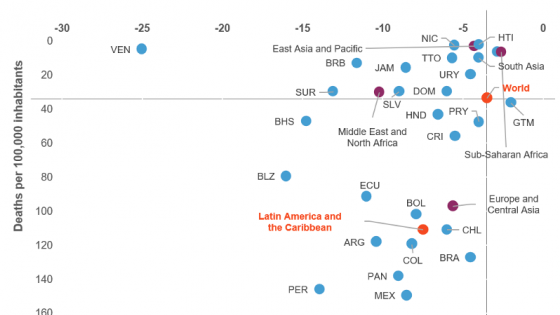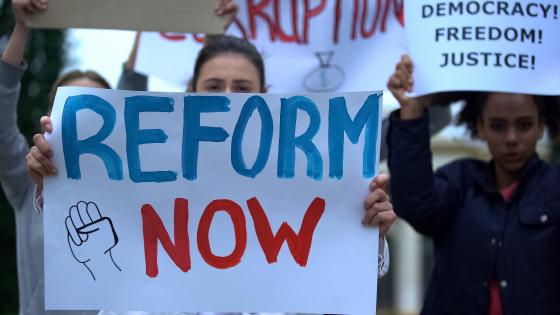DP6672 Widening and Deepening: Reforming the European Union
This short paper analyses the tension between "widening" and "deepening" of organizations such as the European Union. Members have the same consumption benefit of reform but weak and strong members differ in their cost of exerting reform efforts. As decisions are taken by unanimity, the reform level is determined by the weakest member. However, strong members can coerce weak members to exert more effort by threatening to form a "club-in-the-club". Widening (bringing in additional members into the Union) can have different effects on deepening (more reform effort). When a new member is stronger than the weakest incumbent member, deepening and widening are complements, that is, the Union-wide reform efforts increase. When a new member is weaker, deepening and widening can be substitutes, and the reform efforts in the Union may fall. Our analysis helps to understand the history of the EU treaties, in particular the differences between enlargement waves such as the Northern vs. the Eastern Enlargement. It also rationalizes the general move from unanimity voting to different types of majority.


